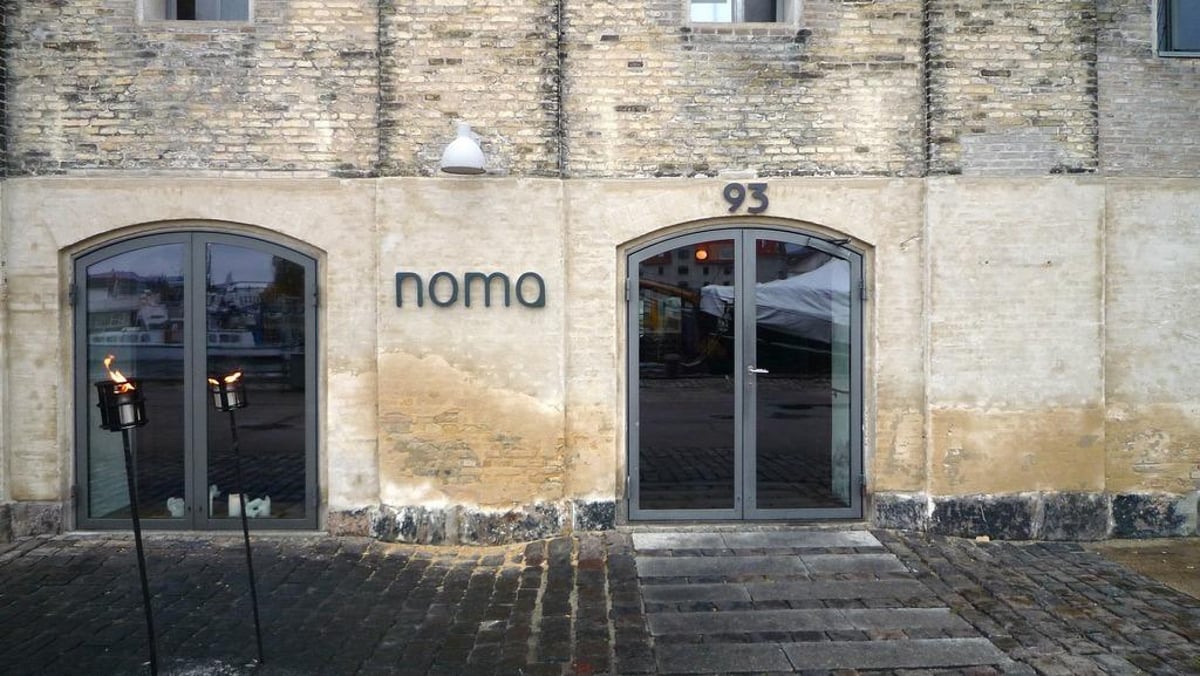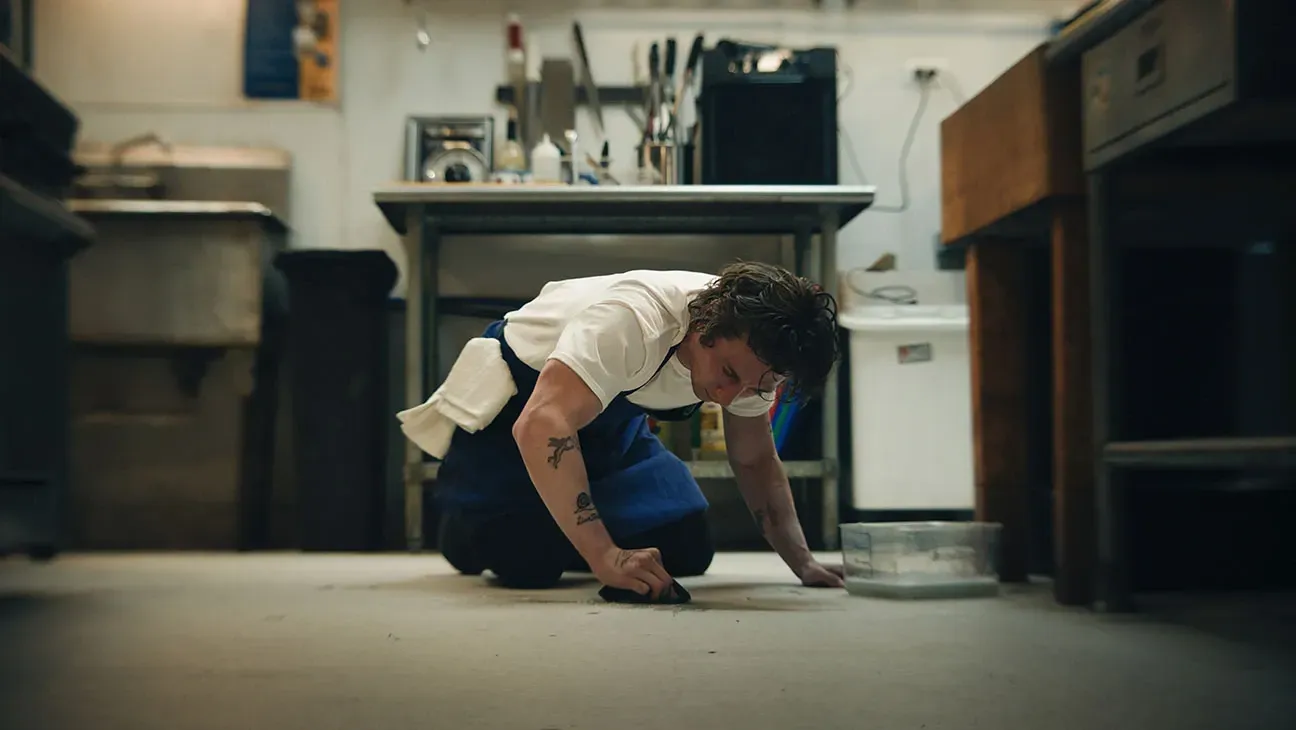
Y'all told me to watch "The Bear" so I did. Let’s talk about it.
Anyone who has worked in kitchens knows that this is not a pretty world, and this show brings that messy reality to the masses in an honest way. But a few things are missing that keep me from loving it.
I get why non-food people like The Bear. It’s different and refreshing. It’s not a sappy coming-of-age drama, an awkward high school comedy, a complicated fantasy saga, or an action-packed thriller (all of which I watch). It spotlights a world often overlooked except when featured in subjective listicles, awards ceremonies, and lately, sexual harassment scandals.
Anyone who has worked in kitchens knows that this is not a pretty world, and this show brings that messy reality to the masses in an overall honest way, I think. People swear a lot (I swear a lot). Something is always on fire, metaphorically and literally (same). And the walk-in is where shit always goes down. Crying? Go to the walk-in. Fucking? Walk-in. Dropping all the morning shift’s prep and trying to clean it up before anyone notices? You’re in the walk-in.
So when it comes to novelty in television entertainment, this show delivers. It unpacks a life that is frenzied, unstable, and addicting. And unlike other fluffy restaurant movies and shows (don’t ever ask me to watch that dumbass Bradley Cooper movie, “Burnt” again), it reveals a very real truth about restaurants—that cooking is just a small piece of it.
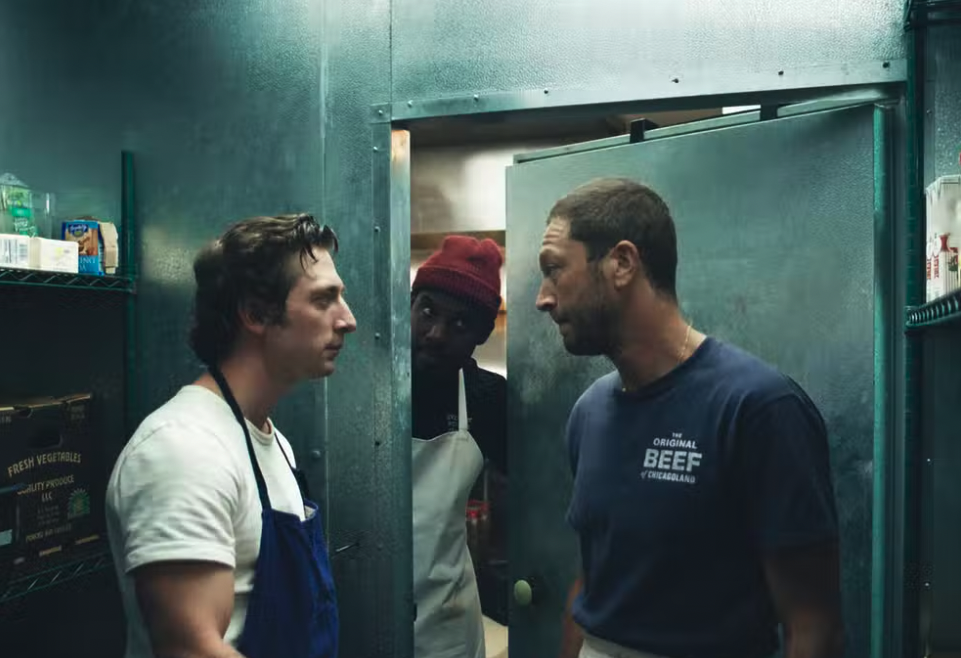
It’s one of the first food shows I’ve seen where a restaurant is a business—an old school business. That means no venture capital, no series A-B-C-D, and for the love of capitalist god, no quarterly earnings report. Most restaurants even today operate without all that. They have a head chef, who is also the owner, which means they deal with all the unsexy stuff like budgets, salaries, bills, repairs, revenue, and marketing. Somewhere in there, they also need to be creative and actually build a menu that patrons want to eat.
There’s a sous chef as their second-in-command. They deal with ordering, schedules, menu changes, and basically anything that the head chef needs help with. Neither of these roles are something you train for; you just figure out how to do them. When I worked at a two-Michelin star restaurant, one random night my head pastry chef walked over to me as I scrubbed the plating counter (yes, we had a counter specifically for plating. If you had the right vantage point, you could see it and sort of peek into the kitchen, so this counter had to be spotless at all times.) It must have been around 1 a.m. Without any context, he said that I’m now in charge of ordering and ice cream (aka figuring out new ice cream flavors). And then he walked away.
Business.
The show understands that well, as highlighted by Sydney, one of the best characters in the show and someone I relate with strongly. I have dropped a 10-gallon tub of plum sorbet base trying to reach the top shelf (why don’t walk-ins have stools?), sliced my finger and worn a glove over it to finish service, and I’ve been told that I was a nobody and a smart-ass for acting like l knew better because of my education. Restaurants are as much a merit-based game as they are a right-here-right-now game. Cooked at a bougie restaurant? Cool, can you peel those fifty apples over there while also plating and keeping your station clean? Cooler.
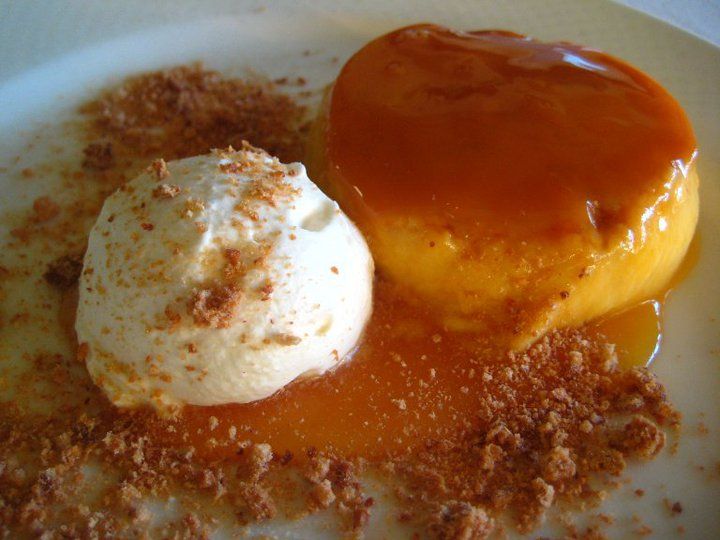
A few things are missing in The Bear that keep me from loving it. Other kitchen folks have given their takes here and here, but they speak about either reliving past restaurant trauma or else that the show is sensationalised. I’m lucky that I don’t feel any trauma from this show. I got yelled at plenty in kitchens but honestly, I appreciated the directness and I learned quickly not to do that again. Nothing was ever personal and I understood that. When I began working in tech, however, the number one feedback I received was that I was too direct. Go figure.
As for the perceived melodrama, it’s a TV show, so what did you expect? If you can watch Dominic Toretto wax poetic about the importance of family in every other line he speaks in every Fast and Furious movie, you can watch this.
My take speaks more to the diversity and humanity I wanted to see in the show.
Re: Diversity. While the kitchen staff are BIPOC, the main characters are white, male, and heterosexual. Maybe the show does this because it sadly reflects the reality of many restaurants right now, but also—this is a fictional show. It’s not real. Which means they could have done whatever they wanted. There were opportunities to showcase cookbooks by non-white chefs, or in the very least tone down the raging egos that engulf each episode. If Bridgerton can include a range of faces in their old-ass English society show, The Bear could have done it too. When I root for Sydney and Marcus—the latter of whom is based on Noma pastry chef Malcolm Livingston—I do it because they can’t just yell and scream the way a straight white man can. They have to work twice as hard to ever be heard.
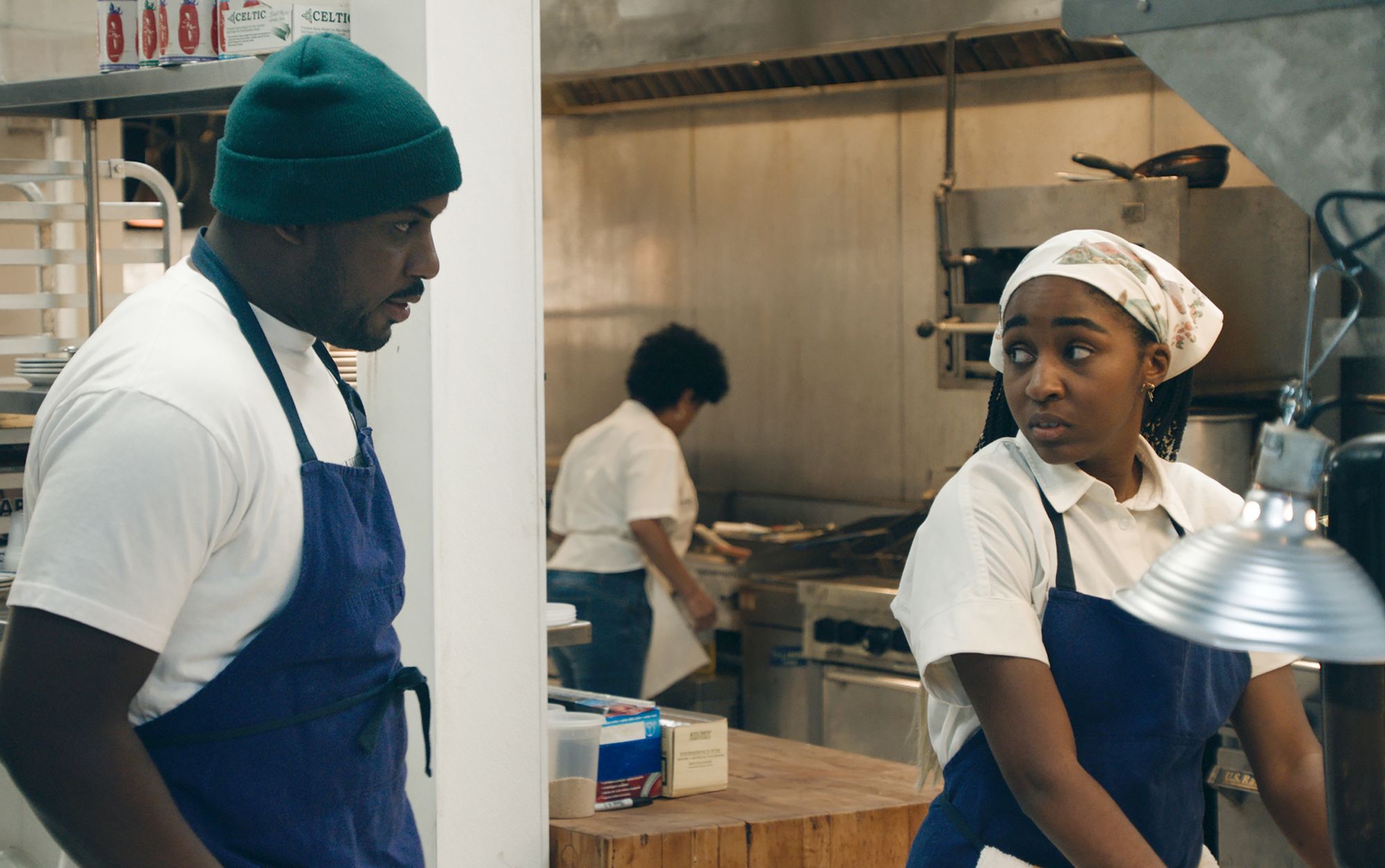
Re: Humanity. Restaurants are havens for misfits. Maybe this will surface in the next season, but right now, there’s been a lot of yelling without the context of who any of the staff really are. How did they end up there? What are their families yelling at them about?
Some of my favorite moments during my restaurant days were family meal before service started and then the lingering after service ended. Those were golden hours where time slowed down and we could unravel each other. Someone’s wife was pregnant with their second child and didn’t know how they were gonna afford it. Someone else’s dad was always texting him to get a real job. Someone else sent half their paycheck to Mexico to help their family out. And someone else just wanted to cook to shut their brain off so they wouldn’t waste away in anxiety.
That last someone was me.
We were all fucked up in our own ways, and kitchens allowed us to be ourselves without sympathy or sadness or judgement. Just truths. We couldn’t find meaning in our past or within our families, so we found it through feeding people and by creating our own restaurant family. Through cooking, we felt needed and in a warped way, loved, even though no diner knew our name. It was almost better that way, because knowing our name meant revealing ourselves and we weren’t ready for that.
Restaurants operate in their own reality. As a person, you don’t matter in a kitchen, and that’s exonerating. Because if you don’t matter, neither do your problems, at least for those ten or twelve or fourteen hours you’re working. I loved that and continue to love that about restaurant life. I think that reality is difficult to emulate in a show because it means acknowledging some dark truths about us as humans—that we don’t always want to be seen but we still want to be nourished and loved.
The Bear’s intended audience isn’t kitchen folks, and that’s okay. We examine and criticize it because we are protective over this world that has allowed us to survive. I’m glad the show exists, and I hope to see some of these topics explored in the next season.
